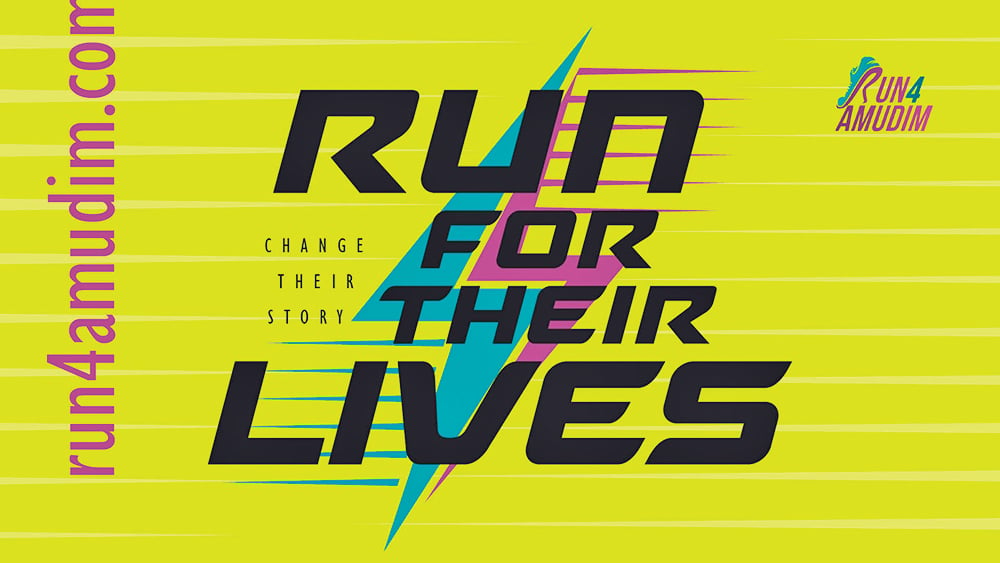
May these words of Torah be a merit le’iluy nishmat Menachem Mendel ben Harav Yoel David Balk, a”h.
This week we learned Menachot 70. These are some highlights.
Is it a violation of Yom Kippur to eat grass that is still attached to the ground?
Our Gemara teaches that there is a difference between a person who bends down and eats grasses that are still attached to the ground and a person who bends down and eats eggs that are still inside the intestines of a dead chicken. The Gemara explains that when an item grows from the ground it is not usual for a person to bend down and eat it while it is still attached to the ground. Someone who bends down and eats from grass that is still attached to the ground is not considered to have engaged in normal eating. It is not achila k’darko. Such ingestion is not classified as eating. However, if a chicken were dead and a person were to lean over and eat from the egg that was still in its intestines, it would be considered an act of eating. It is somewhat normal for a person to bend over and eat from an item that is detached from the ground. Gemara in Ketubot (31a) also makes this point. The Gemara teaches that if a person were to lean over and eat fats that did not belong to himself, he would be a thief and he would be a person who is violating the sin of eating cheilev. Apparently, when the item is detached from the ground it is considered normal eating even though the person did not lift the item and bring it to his mouth, but instead he leaned over to eat it while it was on the ground or table. Can this then be a way to ingest nutrition and not violate Yom Kippur? If a person were to lean over and eat grasses on Yom Kippur that were still attached to the ground, would we say that the act was not a normal act of eating and the person would not have violated Yom Kippur?
Rav Zilberstein suggests that this question is a matter of dispute among the poskim. The Torah does not say “Do not eat on Yom Kippur.” The language of the Torah (Vayikra 23:32) is “V’initem et nafshoteichem,” “And you shall afflict your souls.” The Torah demands that we afflict ourselves. Perhaps whenever a person receives nutrition and feels better because of it he violates Yom Kippur. Perhaps even ingestion that is not an act of eating is prohibited on Yom Kippur. Sha’agat Aryeh (Siman 75) argues that Yom Kippur is different from other areas of Jewish law, like the prohibition against eating forbidden fats. Since Hashem stated that Yom Kippur is to be a day of affliction, and not “Do not eat on Yom Kippur,” even if a person were to ingest nutrition in a way that was not an act of eating, it would be a violation of Yom Kippur. Other poskim disagree. They feel that even on Yom Kippur it is only an act of eating that is a biblical violation. If a person were to gain nutrition without an act of eating, he would not violate Yom Kippur. Our scenario is therefore dependent on this dispute. According to the Sha’agat Aryeh, if a person were to bend over and eat grasses that were attached to the ground on Yom Kippur, even though it is not a normal act of eating, if the grasses were to settle him down, he would have violated Yom Kippur. According to other poskim, since our Gemara teaches that bending down and eating from grass attached to the ground is not a normal act of eating, were one to do so on Yom Kippur he would not violate the holiness of the day, even if the grasses settled him down and made him feel full. (Chashukei Chemed)
By Rabbi Zev Reichman
Rabbi Zev Reichman teaches Daf Yomi in his shul, East Hill Synagogue.












